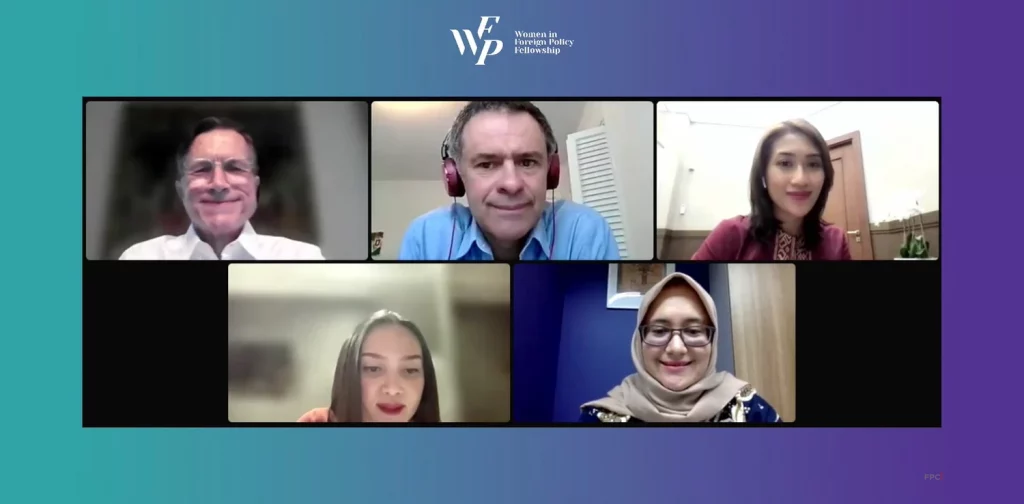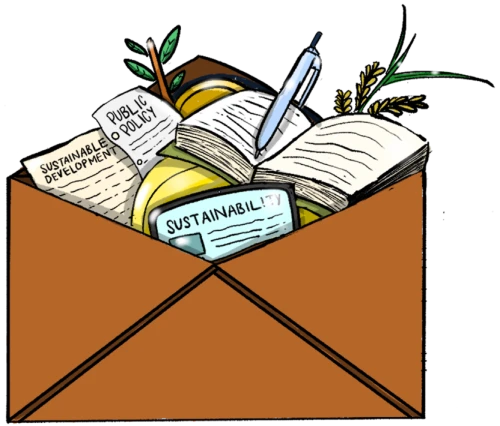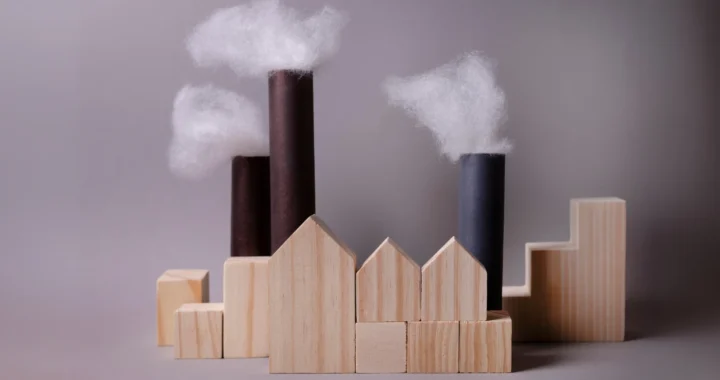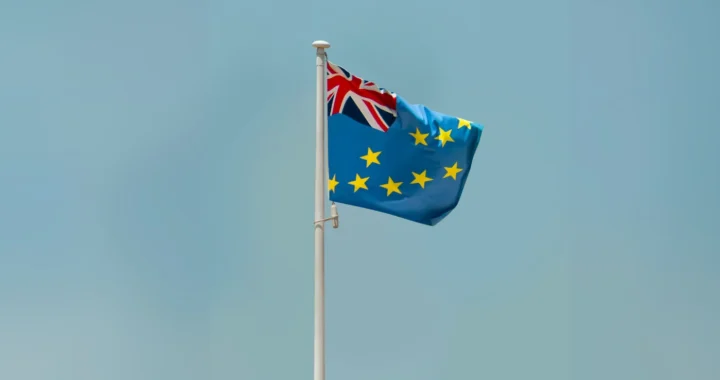Exploring the US-Indonesia Net-Zero Cooperation

The speakers and moderator for the “US-Indonesia Cooperation for a Net-Zero World” hosted by The Foreign Policy Community of Indonesia and the United States Embassy in Indonesia. From left to right: H. E. Robert Blake (Former Ambassador of the US to Indonesia); Claudio Forner (Senior Associate on Climate Diplomacy at World Resources Institute); Adhityani Putri (Executive Director of Indonesia Cerah Foundation); Natasya Kusumawardani (Lecturer at President University); Marlis Afridah (Founder & CEO of Green Network Asia). | Photo: The Foreign Policy Community of Indonesia YouTube.
The Foreign Policy Community of Indonesia and the United States Embassy in Indonesia hosted a virtual public discussion exploring the US-Indonesia cooperation for a net-zero world.



 GRI’s Updated Sustainability Standards on Climate Change and Energy
GRI’s Updated Sustainability Standards on Climate Change and Energy  Looking into Biochar as a Bioremediation Agent
Looking into Biochar as a Bioremediation Agent  Australian Climate Visa for Citizens of Tuvalu: Showcasing cross-border partnership in light of the climate crisis
Australian Climate Visa for Citizens of Tuvalu: Showcasing cross-border partnership in light of the climate crisis  Nickel Mining in Raja Ampat and the Widespread Cost of Natural Resource Exploitation
Nickel Mining in Raja Ampat and the Widespread Cost of Natural Resource Exploitation  Lumbung Sosial: Challenges and Opportunities of Indonesia’s Social Barn Program
Lumbung Sosial: Challenges and Opportunities of Indonesia’s Social Barn Program  A Worrying State of Insect Decline
A Worrying State of Insect Decline